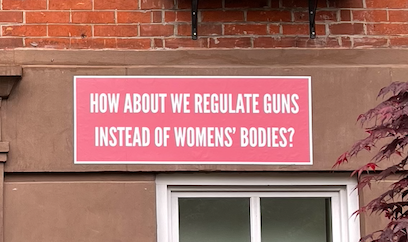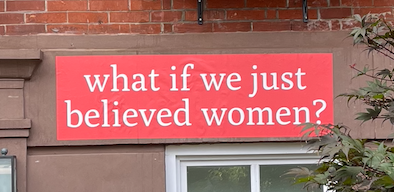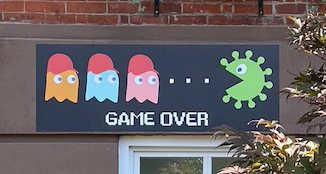Garza’s chapter specifically, helped me tremendously in understanding identity politics since it was introduced in this course. I now understand that it is used to describe the lived experiences of those that are not white, heterosexual, cisgendered men and how important it has been for the Black Feminist movement to have been able to distinguish their extreme oppression in comparison to other groups and created a designated place to begin addressing their particular experiences and desire for their own liberation separate from the liberation of other aforementioned groups. “If we don’t acknowledge that power works to the benefit of white, Christian, heterosexual, cisgender men, we will continue to blame those who are subjugated by that power for being subjugated, rather than working together to uproot the legacy of unevenly distributed power” (Garza, 191/192). We all know and have associations with what having power means but through this chapter and quote, I felt the magnitude of importance white America has placed on attaining and maintaining it at essentially all costs neglecting human life drastically in the process. To top this disheartening realization, I was really affected by reading “For more than forty years, the conservative movement has been fighting to capture hearts and minds and align those hearts and minds with an agenda that benefits a few at the expense of many. The conservative movement in this country has invested more in obscuring disparities by race and class and gender than the progessive movement has invested in highlighting them” (Garza,192) because it helped me understand and name where my own conditioning by society arose from and that I allowed to tell me what is or isn’t of this world without me questioning it.
I love the way this course has been set up for us because literally every week has added to the last and because it has all been so new to me, I’m not sure how to follow all that we have done so far. I noticed a fellow classmate mention reproductive rights and abortion and I’d be very interested in this as well.



